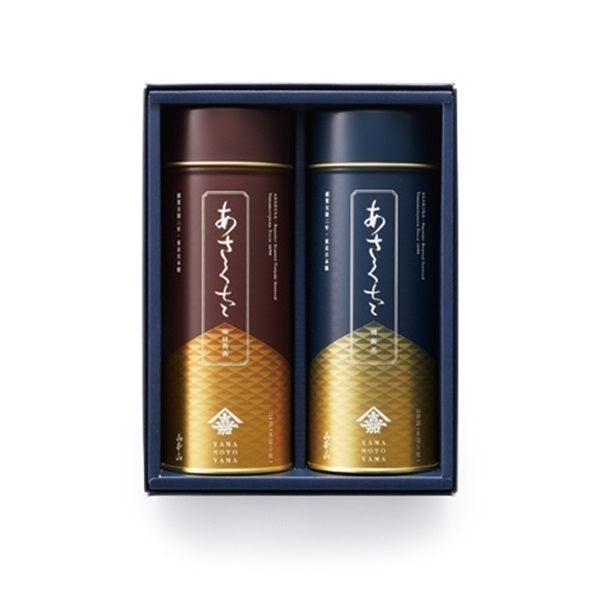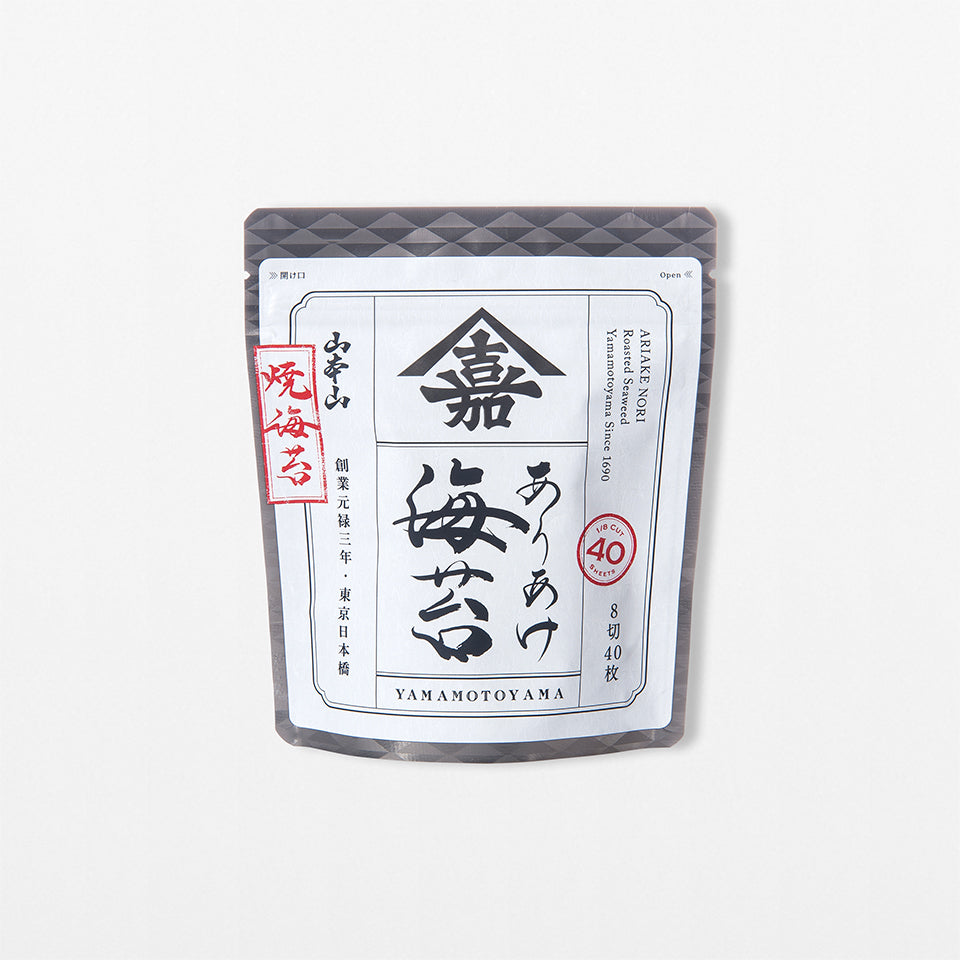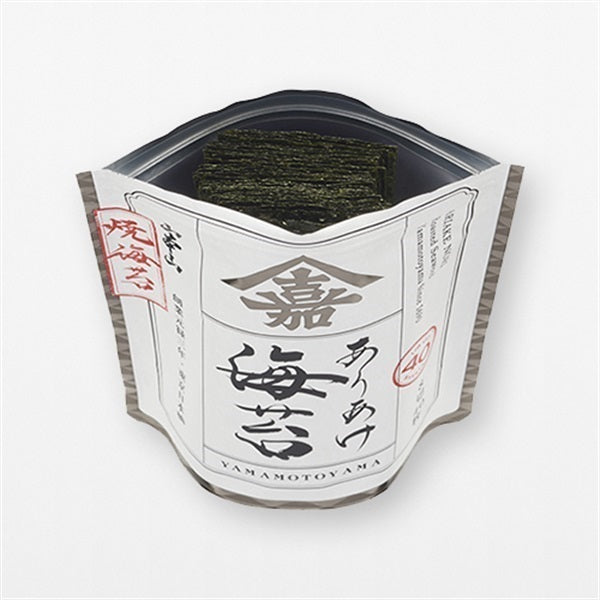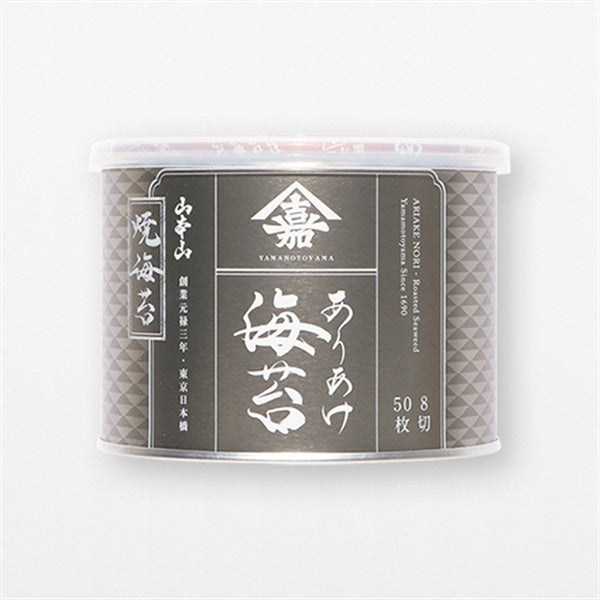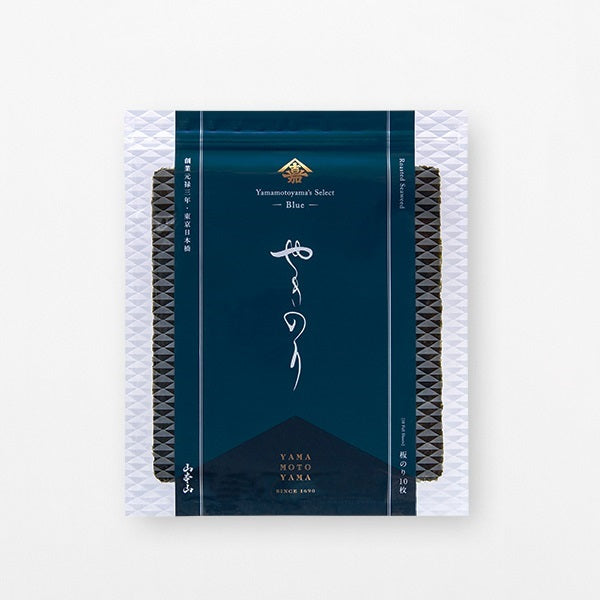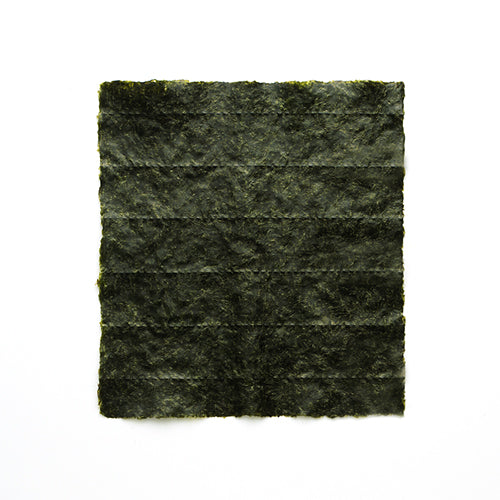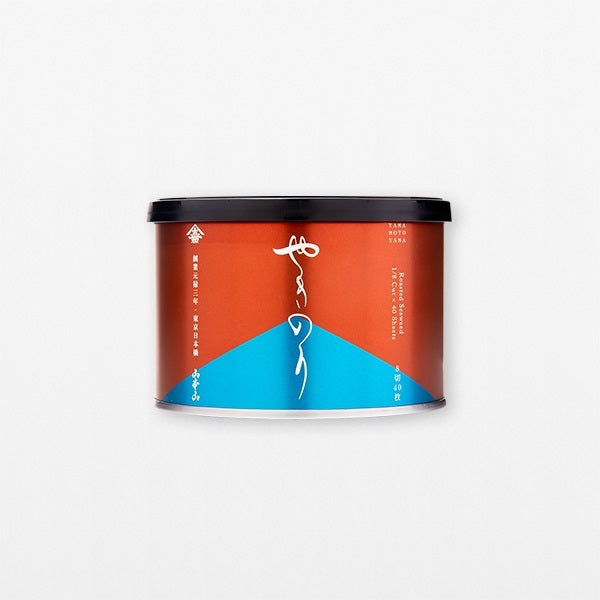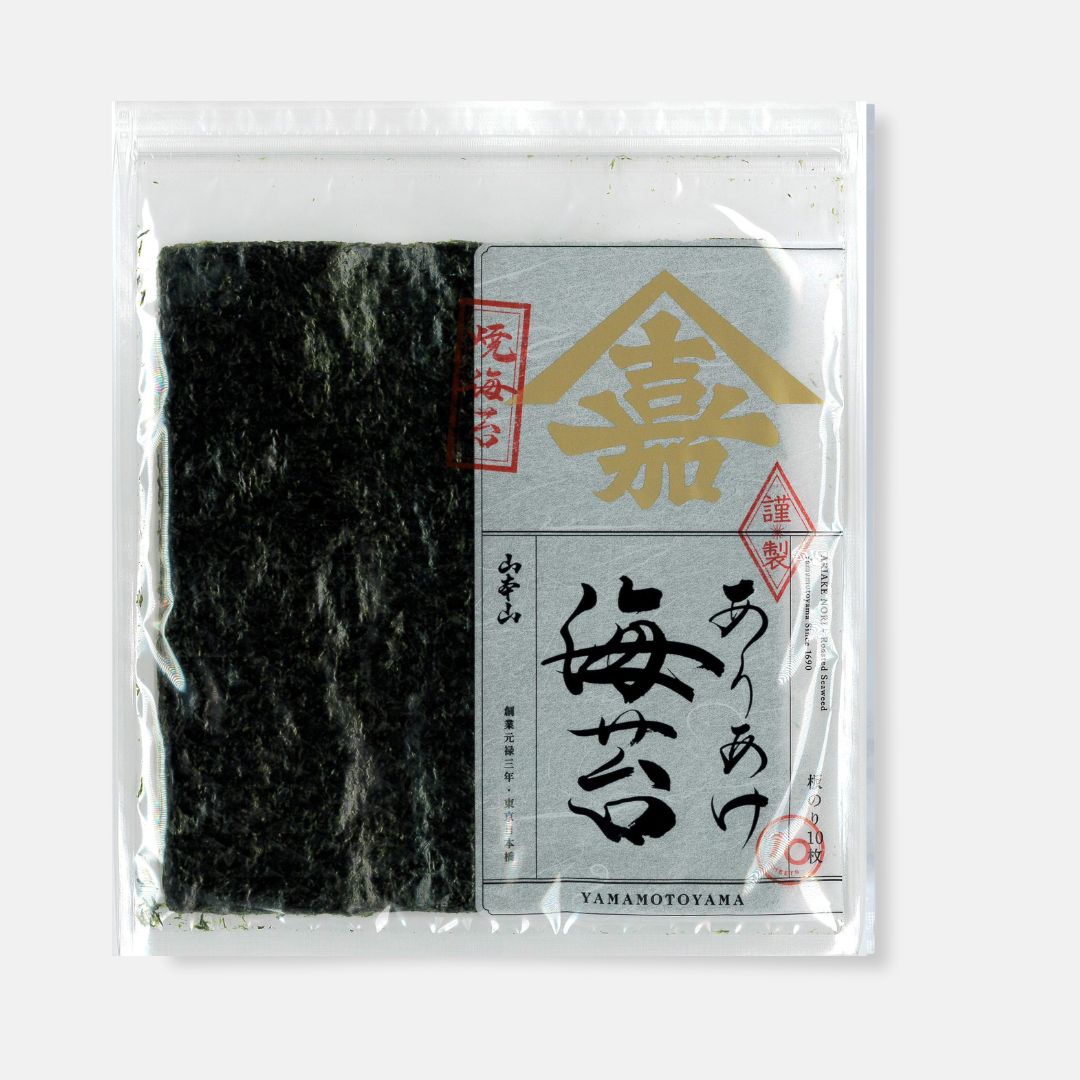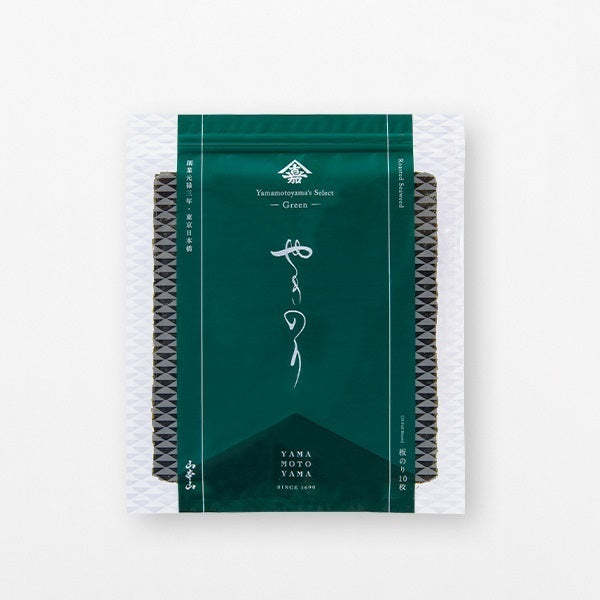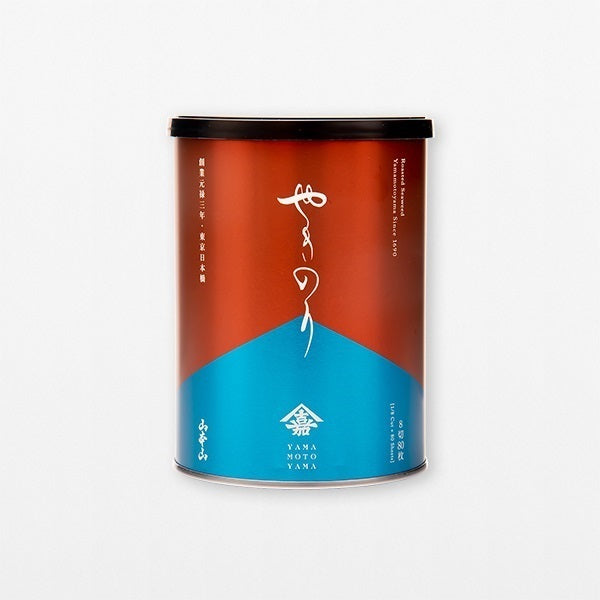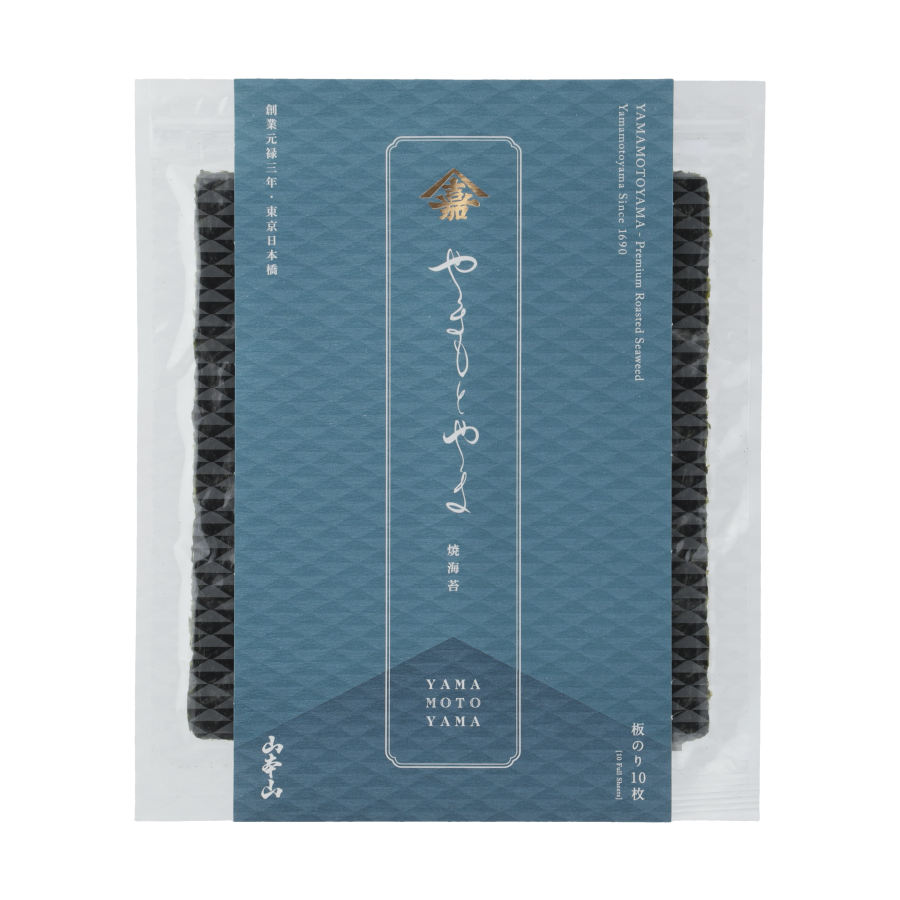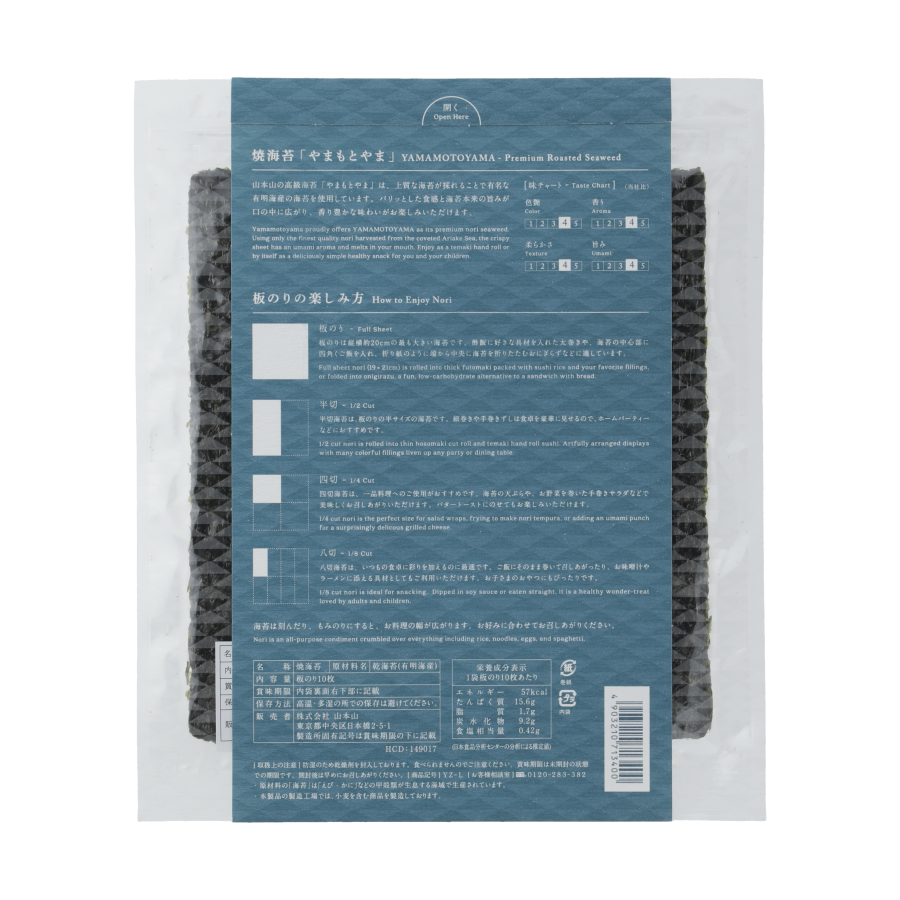
Is it okay to feed seaweed to dogs? A thorough explanation of the health benefits of seaweed, the appropriate amount to feed, and points to note
- Is it okay for dogs to eat seaweed?
- Nutrients contained in seaweed
- Health benefits of eating seaweed for dogs
- The appropriate amount of seaweed to feed to dogs
- How to feed seaweed to dogs
- Things to be careful about when giving seaweed to dogs
- Be careful if you have any of these chronic illnesses
- summary
Nori is an easy-to-eat accompaniment to your daily meals and is a superfood that provides nutrients such as dietary fiber and calcium.
Many households keep seaweed on the dinner table, and your dog may be interested in it. But is it okay to feed seaweed to dogs?
In this article, we will explain the benefits of giving seaweed to dogs and the precautions to take when giving it to them.

1. Is it safe for dogs to eat seaweed?
Generally, it is safe to give seaweed to dogs.
Nori is a nutritious food not only for humans but also for dogs. It is rich in minerals, vitamins, dietary fiber, and more, and is useful for maintaining your dog's health.
It does not contain any ingredients that are dangerous to dogs, so you can feed it to them with peace of mind.

2. Nutrients contained in seaweed
Nori seaweed is rich in nutrients that are beneficial to your dog's health, including:
- Minerals: calcium, potassium, magnesium, iron, etc.
- Vitamins: Vitamin A, B vitamins, vitamin C, vitamin E, etc.
- Dietary fiber: β-carotene, insoluble dietary fiber, soluble dietary fiber

3. 5 Health Benefits of Eating Seaweed for Dogs
1. Helps build bones and teeth
It is rich in calcium, magnesium, and vitamin D, which help form bones and teeth. It is recommended not only for growing puppies, but also for seniors with joint diseases such as hernias.
2. Improves digestion
It is rich in dietary fiber, which helps regulate the intestinal environment and promotes digestion. Dietary fiber is not essential for dogs, but giving it as a snack to dogs who tend to be constipated can help improve bowel movements.
3. Maintaining healthy skin and coat
It is rich in vitamins A and E, which help maintain healthy skin and coat.
Long-haired breeds such as Maltese and Yorkshire Terriers can maintain a beautiful, shiny coat by actively consuming this food.
Additionally, it contains EPA (eicosapentaenoic acid), commonly known as omega fatty acids. Omega-3 fatty acids are known to be related to atopic dermatitis, and consuming seaweed is thought to have a significant impact on maintaining your dog's coat, smoothing their skin, and improving their barrier function.
4. Boost your immune system
It is rich in Vitamin C and Vitamin E, which boosts immunity. It is recommended for senior dogs and for those prone to illness due to temperature changes during the seasons.
5. Antioxidant effect
It is rich in beta-carotene, vitamin C, and vitamin E, and has antioxidant properties, which are said to be effective in preventing aging by maintaining the health of blood vessels and cells.

4. The appropriate amount of seaweed to give to dogs
The appropriate amount of seaweed that can be given to dogs varies depending on the dog's size, weight, and health condition, but a general guideline is about 0.1g per kg of body weight.
- For a 5 kg body weight: 0.5 grams
- For a 10 kg body weight: 1.0 grams
By the way, a full-sized sheet of nori seaweed weighs 3 grams.
For very small dogs such as Chihuahuas and Toy Poodles weighing less than 2.5 kg, limit the amount to one-twelfth of a large sheet of nori seaweed, if they weigh 5 kg, one-sixth of a large sheet of nori seaweed, and if they weigh 10 kg, limit it to about one-third of the amount.

5. How to feed seaweed to dogs
When giving seaweed to your pet, start with a small amount and increase the amount as you see fit.
Large pieces of seaweed are difficult to digest and can stick to the mouth or throat, causing choking, so be sure to chop them up finely before giving them to your pet.
Although seaweed is rich in nutrients, you should avoid giving it to your pet as a staple food, as it will disrupt the nutritional balance. Seaweed should only be given as a snack, or used as a topping for staple foods.
There are many different types of seaweed, some thick and hard, and some soft. Avoid seaweed that is too hard, as it can cause choking.
Nori seaweed from Ariake is known for being relatively soft, and first-harvested seaweed is even softer, melting in your mouth.
It is best to choose seaweed from Ariake whenever possible.

6. Precautions when giving seaweed to dogs
Nori is very healthy when given in moderate amounts as a snack or topping, as described above, but needless to say, eating too much or choosing the wrong type of seaweed can have adverse effects. Please be careful of the following points.
- Too much: Moderation is key. Giving your pet too much seaweed can cause digestive problems such as diarrhea and vomiting.
- High-salt seaweed: Roasted seaweed is the only option. Avoid seasoned seaweed that is seasoned with soy sauce or sugar. This can lead to excessive salt intake, which can cause high blood pressure.
- When your pet is unwell: If your pet is unwell, avoid giving it seaweed as it can cause indigestion.
- Allergies: In rare cases, some dogs may be allergic to seaweed. If giving seaweed to your dog for the first time, give small amounts at a time and observe closely.

7. Be careful if you have a chronic illness
Although seaweed is extremely nutritious, it should not be fed to children who:
1. Kidney disease
It is probably best not to give seaweed to dogs with advanced kidney disease. Seaweed is a food that is high in protein and potassium, and consuming too much of these foods can put a strain on the kidneys and further worsen their condition.
2. Thyroid disease
Nori seaweed is rich in iodine, although not as much as kelp, and consuming too much of it can overstimulate the thyroid gland. Therefore, do not give seaweed to children with thyroid disorders such as Graves' disease or hypothyroidism.
3. Urinary stones
The magnesium contained in seaweed is said to increase the likelihood of struvite stones forming if ingested in large amounts. It is best not to give seaweed to dogs with a history of urolithiasis, dogs currently undergoing treatment for urolithiasis, or dogs with kidney or liver problems.

8. Summary
What did you think? Actually, my Chihuahuas love seaweed. What's even more luxurious is that we top our usual crunchy seaweed with Yamamotoyama seaweed.
Of course, you should be careful not to give too much, but seaweed is a nutritious food for dogs. Make sure to feed it in moderation and in the right way to help maintain its health.
Yamamotoyama, a company founded 334 years ago, will keep your beloved dog healthy with its seaweed! Let's all aim for 20 years old together.

